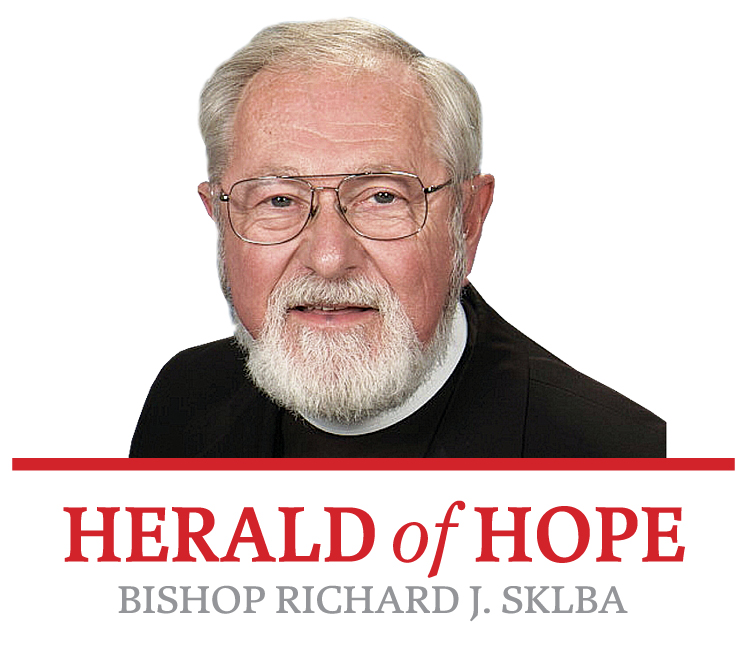Herald of Hope
In retirement, I seem to have less time than ever, and not only because everything seems to take a little longer. Each morning at breakfast, I dutifully make out my list of projects for the day, and suddenly it’s time for supper. That daily experience makes me think about the great God-given gift of time.
The Biblical Greek used in the New Testament is filled with fascinating little bits of information — at least for me — as well as countless nuances to assist our appreciation for its message.
For example, chronos is the Greek word for one kind of time. It refers to the numbers which little children quickly memorize and might even use to measure the sequence of hours from breakfast to lunch. A very different type of time was called kairos, as in the “right time” for action or a decision. The question “what time is it?” could bring very different responses, depending on which word was used.
It might, for example, be 11 o’clock in the sense of three hours after breakfast and an hour before noon, or the question’s answer might suggest the time to leave home for a dentist’s appointment or some other terrible date with fate. For the ancient Greeks, the question first needed to understood before it could be answered. Was it a matter of telling time or an issue of determining an action to be taken or a decision to be made? There’s a great difference between the questions and, therefore, also between the answers. The issue hangs on the precise word implied for time. Is it for counting or for making a decision?
A very different computation of time, however, considers the longer period that we call a year. That reality is marked off by our earth’s distance from the center of our solar system. The earth’s orbit is elliptical, not perfectly round, so there is a moment when our planet is most distant from the sun: that instant in December is our winter solstice. At the other end of the earth’s annual travel-orbit is the summer solstice, when we are at least relatively closest to our sun-star.
Summer solstice occurred in southeastern Wisconsin this year at 6:14 a.m. Tuesday, June 21. At that moment, our little spot here on earth in the Milwaukee area was closest to the sun, and we felt the sun’s warm rays most directly and (usually) gratefully. It was not merely Tuesday the 21st, it was the beginning of summer.
Time is such a wonderful gift from God, no matter how it is defined, and what it may mean to any of us. It can be broken up into many different patterns, viewed one way in an academic setting and diversely in the finance department of a business. The school year is not the fiscal year.
Forgive my clumsy entrance into this marvelous world of our universe. It’s simply my own amateurish effort to sketch out the larger picture in an effort to speak about our moment in the history of our world. I’m trying to lay out the background for a profoundly simple, yet terribly basic, question for each of us: “What time is it?” Folks thinking about further education ponder the question ever more deeply.
In a momentary exasperation with his disciples, Jesus lamented that they had learned early on when it might rain or when it would be a very warm day, but they hadn’t a clue “how to determine the kairos,” namely, the time which called for decision and action. (Luke 12:56) Jesus insisted again and again, in so many ways, that all his disciples, ourselves included so many centuries later, were called to take and to become willing and worthy partners in promoting God’s sovereign action at any given moment in our world’s history.
Higher education helps us with a clearer sense of the world around us, and a sharper appreciation for our potential to make a difference in the society in which we may happen to live. Catholic education helps us to integrate faith into any particular moment of our lives. Make time to take time.

